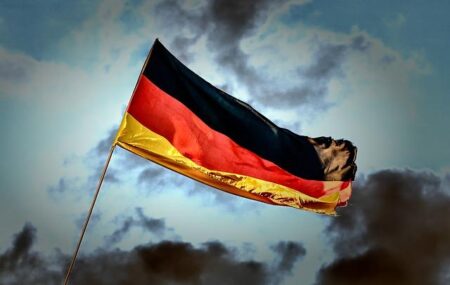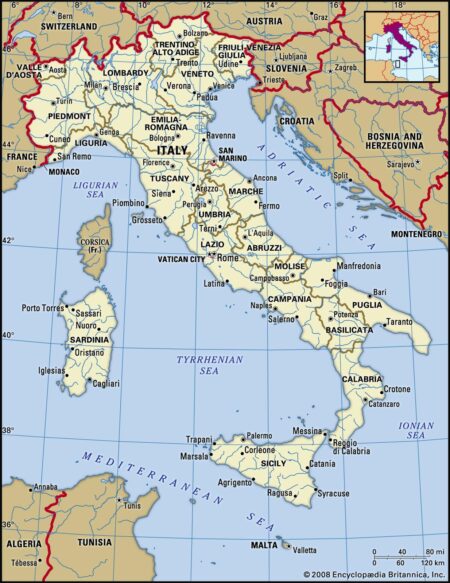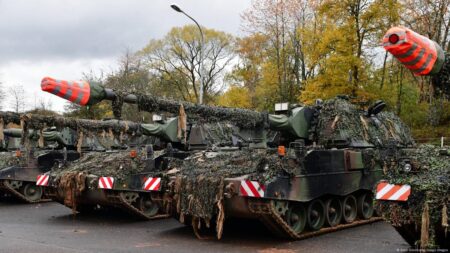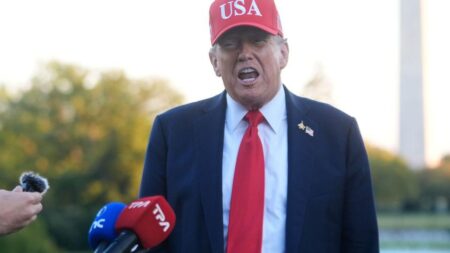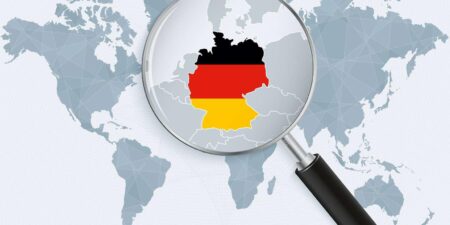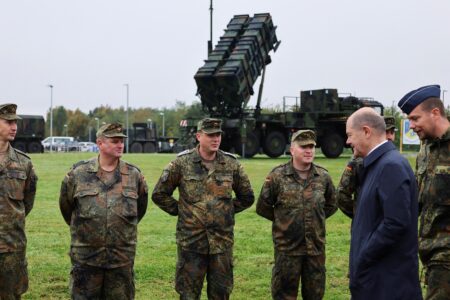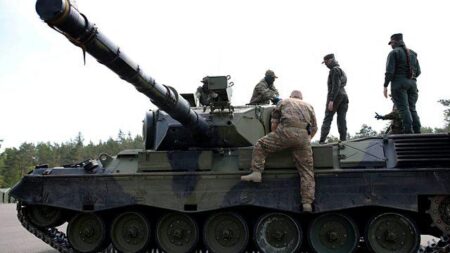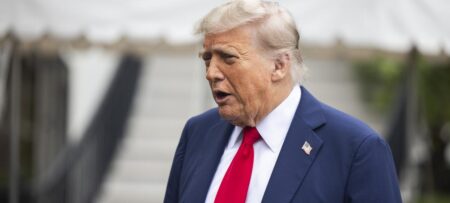Germany is swiftly boosting its military power amid rising geopolitical tensions. This decisive action marks a dramatic departure from post-Cold War policies, as Berlin strives to strengthen its defense forces and fully uphold its NATO obligations
Browsing: defense spending
German Chancellor urges Europe to slash red tape and boost defense spending amid rising geopolitical tensions. Emphasizing the strength found in unity, the leader calls for swift action to fortify Europe’s security capabilities
Spain is set to unleash a staggering €33.1 billion investment in military modernization, signaling an unprecedented commitment to NATO. This ambitious initiative aims to supercharge defense capabilities and confront the escalating security threats challenging Europe today
Germany and France are caught in a fierce showdown over the U.S. arms purchase, unfolding amid a colossal €90B EU loan to Ukraine. This intense clash is igniting tensions within the bloc as allies wrestle with defense spending priorities and how best to back Ukraine in its relentless fight
Germany is rapidly accelerating its rearmament amid escalating security threats as the conflict in Ukraine deepens. At the same time, the U.S. urges Europe to bolster its defense commitments, highlighting shifting transatlantic responsibilities
Germany has secured an order for 200 Puma infantry fighting vehicles at a total cost of €4.2 billion, cutting the price per unit from €30 million to an impressive €21 million, Defense Express reports. This marks a groundbreaking achievement in defense procurement, providing state-of-the-art equipment at a dramatically lower cost
The UK has launched a game-changing ÂŁ600 million air defense package for Ukraine, set to dramatically enhance Kyiv’s defenses in the face of ongoing conflict. This robust support includes advanced missile systems and next-generation radar technology, empowering Ukraine to detect and neutralize aerial threats with unmatched precision and power
Canada faces a crucial defense decision: skip the costly U.S. F-35s and opt for Sweden’s sleek Gripen jets instead. Experts praise the Gripen for its unbeatable blend of affordability, advanced technology, and easy maintenance-making it the perfect fit for Canada’s specific needs
Germany is leading the charge to secure the UK’s involvement in the EU’s colossal €150 billion defense fund, aiming to strengthen European security cooperation despite lingering Brexit tensions, Bloomberg reports
Italy is considering tapping into an EU defense loan to boost its tank fleet, while actively pursuing a strategic alliance with Hungary. This ambitious move aims to fortify European defense in the face of rising geopolitical tensions
Germany has stepped up with a major military aid package for Ukraine, while Kyiv unveils an ambitious $120 billion defense plan through 2026-showcasing the growing surge of Western support amid the ongoing conflict
Former U.S. President Donald Trump has ignited a firestorm by calling for Spain’s expulsion from NATO, labeling the country a “laggard” over its defense spending. His provocative remarks have once again stirred intense debates about the financial commitments each member should make to the alliance
Germany has launched an ambitious €80 billion rearmament plan, putting European and domestic weapons front and center while pushing US arms suppliers to the sidelines. This bold strategy signals a major shift amid rising geopolitical tensions
Germany’s €80 billion defense shopping spree thrusts European arms into the spotlight, sidelining US weapons and signaling a bold new direction in procurement strategy. This decisive move underscores Berlin’s dedication to boosting domestic industries in the face of mounting security challenges
Germany’s military is launching an ambitious transformation to tackle rising global tensions head-on. Yet, experts warn that logistical challenges, limited budgets, and political conflicts could stall progress and jeopardize Europe’s security
Germany has taken a bold leap forward, pledging to significantly increase military aid for Ukraine and positioning itself as a leading force in a sweeping European rearmament effort. This decisive move signals a major shift in regional defense strategies amid the ongoing conflict
Spain has made a bold decision to cancel its plans to purchase F-35 fighter jets, opting instead to upgrade and modernize its existing fleet. This strategic shift highlights Madrid’s response to budget constraints and changing defense priorities, marking a new chapter in the country’s military approach
Italy’s bold vision for a bridge to Sicily is set to revolutionize NATO’s infrastructure strategy, boosting logistics efficiency and shaping the future of defense investments, Defense News reveals
The UK’s F-35 procurement strategy is now in the spotlight, as it carefully balances cost, capability, and industrial benefits. Policymakers face the tough challenge of ensuring defense readiness while keeping budgets intact, unveiling a complex and high-stakes strategic puzzle
Former U.S. President Trump announced that Spain will incur higher costs in a trade deal due to its refusal to meet NATO’s defense spending targets, Reuters reports. This move highlights escalating tensions over burden-sharing within the alliance


